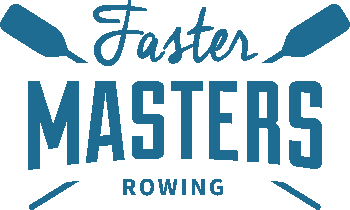Efficiency in rowing: Time pressures weigh heavy on most masters rowers. How can we get more efficient with our busy rowing lives? Faster Masters Rowing Radio hosts Rebecca Caroe and Marlene Royle discuss tips and challenges
Support this podcast
https://fastermastersrowing.com/podcast
Timestamps
02:00 New Zealand Masters Rowing Championships rescheduled to 29-31 October.
National Championships will include 500m sprints for masters in 2x (handicapped)
Rigging for Masters Webinar – tickets are on sale
Event is 6 October 2021
https://fastermastersrowing.com/rigging
03:45 Rowing in a double with novices – coaching from 2x
10:00 Efficiency in Rowing – life hacks for your rowing.
11:00 Efficiency getting to the boathouse
– the night before: Clothes, Weather, Time alarm clock, Driving time, eating for energy, Program, Text your crew to agree bad weather plan.
15:00 Decide in the shed, not in bed
Apps for local wind forecasts
Windy
Windfinder
Wind Guru
17:30 Equipment efficiency
– Have a routine – oars first, then PFDs, then the boat.
Help each other, two people per boat get the oars, two hold the boat (for a 4x or 4)
22:45 Coaching efficiency
Scan the boat to check are the oarlocks in the right direction, are oars in right sides?, Height spacer washers, Do footstretchers need to be changed?
Remind each other – have you checked your footstretcher before you push out into the lake / river
25:00 Training efficiency.
Warming up – how much time do you need?
Know the practice routine warmup.
Rules about when we talk during the outing. Technique discussion and feedback during breaks.
Etiquette is important especially in big boats – 4s and 8s.
29:00 Warming down efficiency
When to start your warm down. Try to include 5 minutes each practice.
Marlene recommends stretching after you get out of the boat.
Rebecca stretches during the debrief after putting the boat away.
Consistency to day to day habits helps.
33:00 Meal preparation efficiency
Make bags of whole foods to take with you.
Always have food in your gym bag or car.
Don’t skip refuelling.
Double batch your evening meal – make a large lasagne and freeze half.
n


